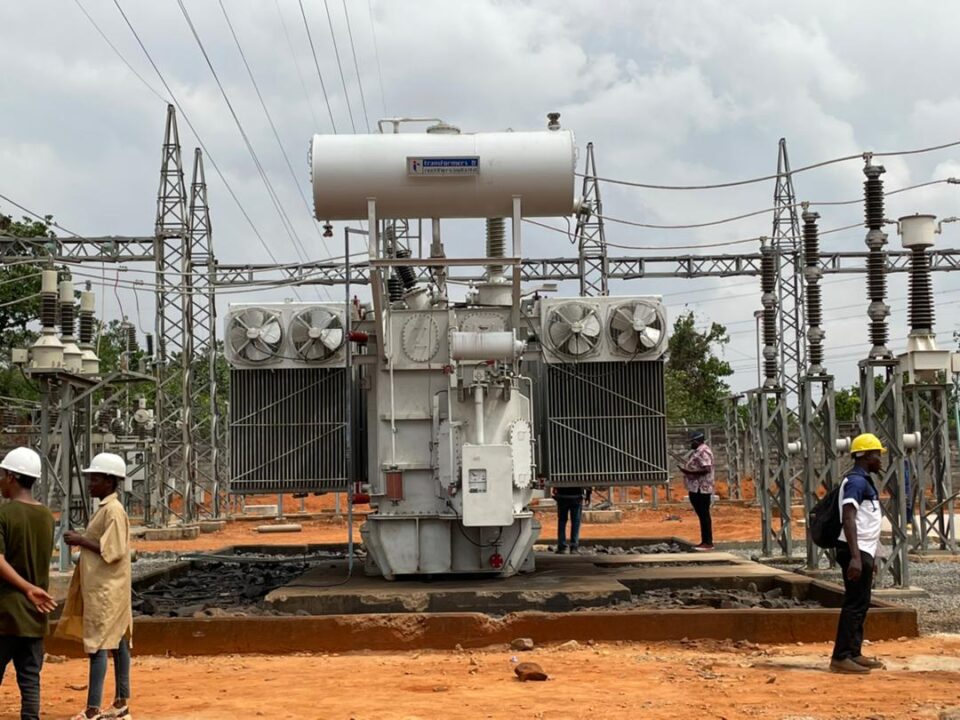The challenges plaguing Nigeria’s electricity distribution companies (DisCos) impact the viability and progress of Nigeria’s electricity industry.
The main issues include low system efficiencies (or high Aggregate, Technical and Commercial, ATC&C, losses), ageing infrastructure, poor customer relationship management, and a history of less than cost-reflective tariffs.
A recent issue of EmPower magazine, a Nextier Quarterly on the Nigerian Electricity Supply Industry, highlights the significant strategic and operational challenges in the Nigeria Electricity Supply Industry (NESI) and proffers solutions.
Nigeria’s electricity supply industry has a financing challenge. For instance, the Federal Government of Nigeria selected bidders in the 2013 power assets privatisation based on their stated ability to reduce the ATC&C losses.
Therefore, the winning bidders needed access to the correct type of finance for the sector’s success. With the possible support of international financial institutions, Nigerian banks indicated their willingness to finance the DisCos’ rehabilitation expenditures.
The capital structure of acquisition debt and expansion financing posed a challenge for infrastructure assets operated in a regulated utility. The sector has had challenges raising the required long-term patient capital aligned to the long-lived infrastructure assets.
As a result, it has been a challenge for the companies to service debts, meet the necessary rehabilitation and expansion commitments, improve efficiencies, and simultaneously pay their upstream invoices to other market participants and administrative entities.
In the context of the Nigerian market, the Multi-Year Tariff Order (MYTO), a methodology for regulating prices and rewarding the performance of industry operators, forms the basis of electricity tariffs.
The MYTO allows for bi-annual minor reviews to account for changes in the parameters that influence tariffs, such as available power generation, inflation, exchange rates and gas prices. These minor reviews provide a 6-month generation forecast.
However, factors such as gas availability, water management and transmission infrastructure capabilities also constrain actual generation.
The Nextier paper asserts that due to these interdependencies within the sector, the DisCos lack complete control of all the factors that impact their operational excellence. From a DisCo perspective, while some of the upstream expenses are not incurred due to the unavailability of energy supply, system constraints still result in lost revenue and profits.
Ideally, a DisCo’s operational planning and budgeting should provide sufficient capital and operating expenditure (CapEx and OpEx) to expand, upgrade, reinforce, and maintain available equipment.
These activities are vital to meeting the changing and increasing demand placed on distribution companies.
Unfortunately, given the insufficient financing and high collection losses, most have been unable to invest in the quantum of infrastructure needed to make material and permanent improvements. As a result, poor operational planning and implementation only exacerbate ATC&C losses and customer frustration.
Several initiatives are underway to improve the DisCos’ performance. However, the ultimate determinant of improved performance is improved customer service delivery. The Federal Government has taken steps to clear historic tariff shortfalls to enable the companies to raise the capital needed to improve infrastructure and performance.
The implementation of CapEx expansions is also accommodated by the Performance Improvement Plans (PIPs) in the MYTO following its Extraordinary Review; urgent reviews to maintain industry viability following extensive changes in industry parameters. Furthermore, the Nigerian Electricity Regulatory Commission (NERC) is taking appropriate measures to restore a tariff that accommodates the total cost of electricity delivery.
However, inconsistent data availability and quality severely impact improvements in the electricity industry and the regulator’s ability to monitor performance and compliance.
Therefore, it is imperative that NERC designs and implements a coordinated effort to ensure information systems are connected to each DisCo to enable the receipt of real-time information on DisCo performance.
A holistic approach to solving the issues in the sector is required if the NESI is to achieve its potential. Furthermore, solving the problems faced by the DisCos would help facilitate a more competitive electricity market.



